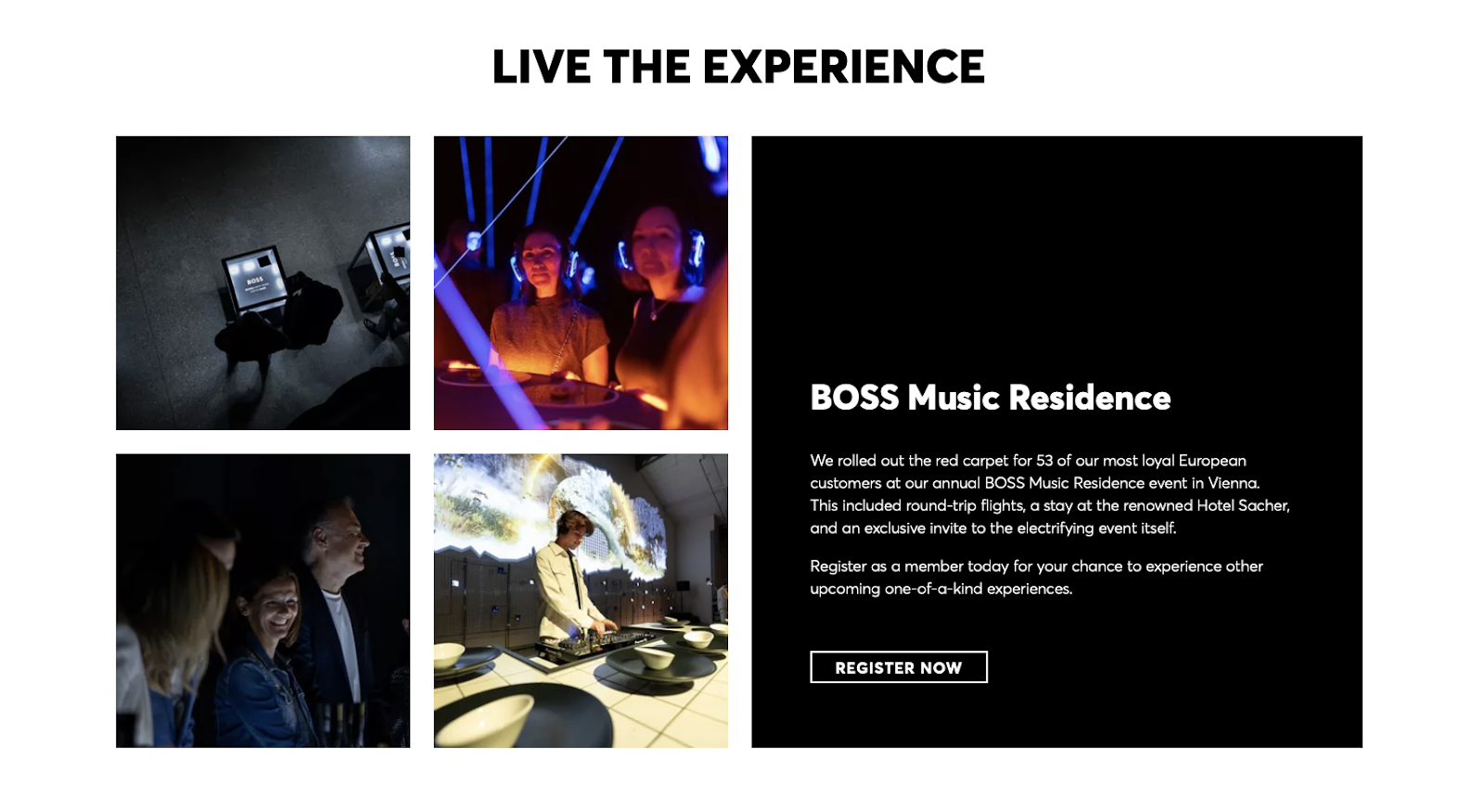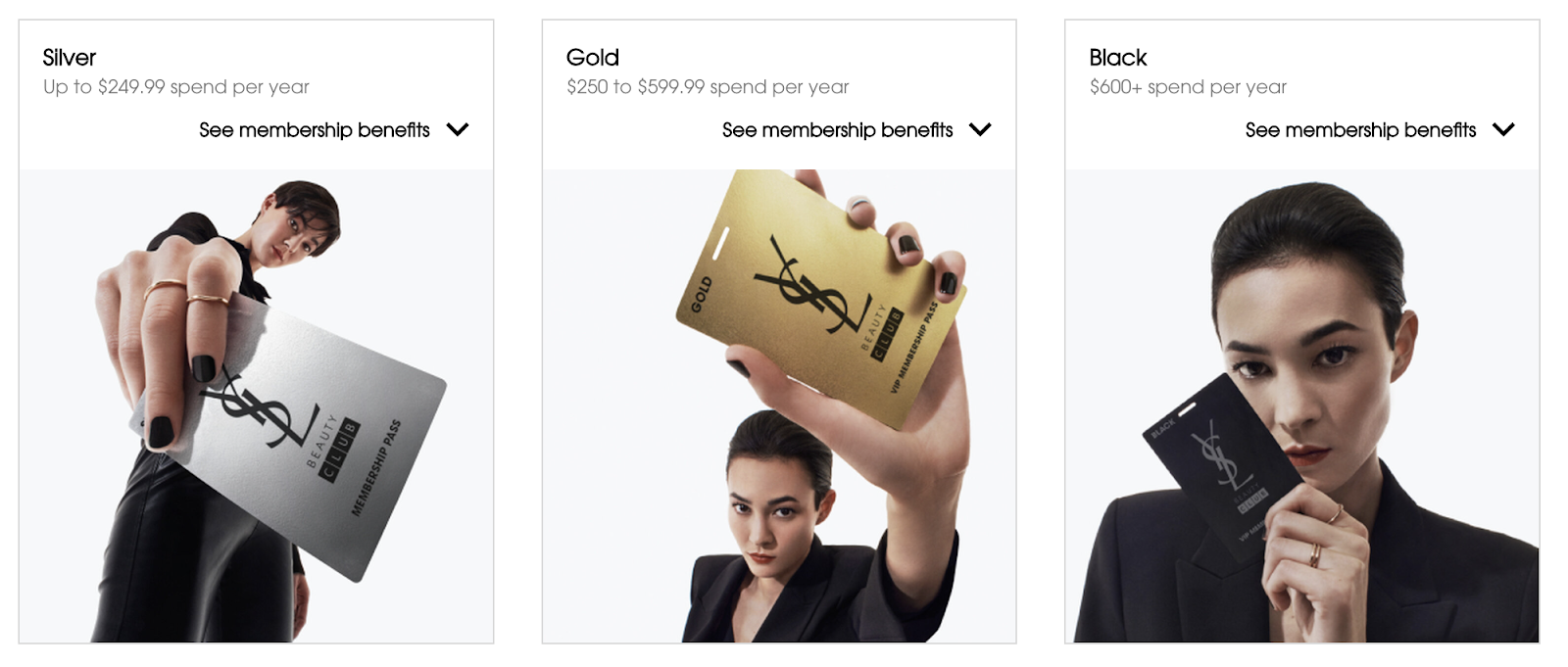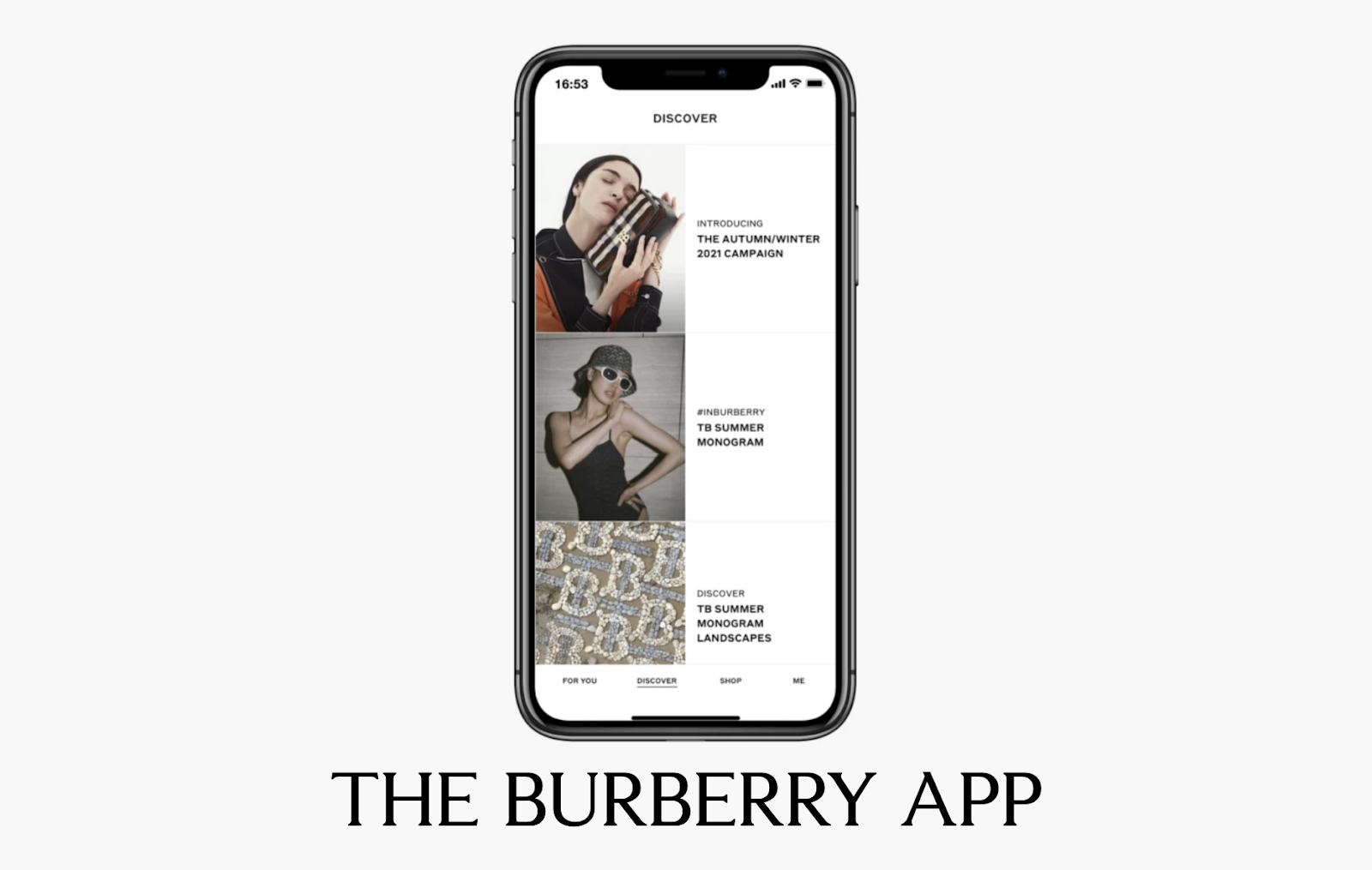
Whether it’s couture fashion, fine jewelry, haute cuisine, or five-star travel, luxury brands are built on scarcity, craftsmanship, and status. That’s exactly why “-20% off” banners feel so out of place in premium environments, but that doesn’t mean promotions are off the table.
Used well, premium sales promotions are a retention engine for luxury brands. Used poorly, they dilute margins and damage brand equity.
In this article, we’ll look at:
Traditionally, luxury players avoided discounts altogether to protect their aura of exclusivity. Today, the reality is more nuanced.
Premium and luxury brands are under pressure from:
Despite this, the global luxury market keeps growing, with online luxury sales taking a larger share each year.

So no, luxury brands don’t have to plaster sales all over their homepage. But they do need a playbook for:
In other words: premium promotions that feel like part of the brand experience, not a clearance event.
For high-value shoppers, loyalty isn’t about collecting points for a coupon. It’s about being recognized, prioritized, and rewarded.
A premium-grade VIP program should:
Post-pandemic “revenge shopping” brought many new customers into luxury for the first time. The brands that retained them were the ones that translated that first purchase into an ongoing membership-like relationship, powered by structured VIP programs
In luxury, the most effective promotion is often a story and an experience, not a percentage off. Experiential rewards can include:
Programs like HUGO BOSS Experience show how to anchor loyalty around personal service and VIP access – complimentary alterations, styling, early access, and members-only events – instead of generic discounts. The result: higher retention, higher average order value, and no erosion of perceived value.

Today’s luxury customer moves seamlessly between:
If promotions only live in one of those environments, you’re losing retention potential. Luxury players are increasingly:
The goal is to make every touchpoint feel like the same brand universe, including how and where promotions appear.

For luxury and premium brands, GWP often outperforms straight discounts for both retention and brand perception.
Well-designed premium GWP:
Dior’s approach is a good benchmark: travel-size extras, iconic gift boxes, personalized messages, and sample selection with every order above a certain value. The financial incentive is there, but what customers remember is the ritual and presentation.

Sometimes, a discount is the right tool, especially for reactivating lapsed VIPs, moving specific SKUs or categories, or incentivizing cross-category exploration
The key is to keep discounts:
Yves Saint Laurent has introduced the YSL Beauty Club, a member-only loyalty rewards program that provides exclusive benefits and rewards. The program istructured into three tiers, each offering increasing privileges.

A modern luxury customer may:
To retain them, your promotion and loyalty stack has to be:
Burberry’s Click & Collect, personalization options, and app-driven styling assistance are examples of this joined-up luxury journey where convenience enhances, rather than cheapens, the brand.

Affluent consumers increasingly expect their favorite brands to stand for something. Retention-driven luxury promotions can:
The Kering Group, the owner of renowned luxury brands like Gucci, YSL, and Balenciaga, has shown its dedication to sustainability and social justice by announcing their 2025 Sustainability Strategy. The plan establishes clear goals for reducing greenhouse emissions, enhancing resource management, and ensuring fair labor practices throughout their supply chains.
For luxury customers, standard discounts, like 10% off, are not enough to grab their attention. Instead, the focus should be on creating lasting connections with VIP experiences that resonate with sophisticated audiences.
Here are a few strategies for luxury brands to retain customers and foster long-term loyalty among high-end customers:
To meet changing preferences, brands are embracing social media, offering real-time behind-the-scenes content, making fashion shows inclusive beyond exclusive audiences, and featuring popular bloggers in event front rows for live coverage. While the online brand experience varies from in-store, brands use diverse strategies to craft a compelling digital presence.
For example, Dior's "Dior Eyes" VR set allows users to go behind the scenes of their exclusive fashion shows. Virtual reality is entering haute couture, enabling brand enthusiasts to admire top fashion shows.
In the ever-evolving realm of luxury retail, staying ahead demands innovative strategies. Non-fungible tokens (NFTs) have emerged as a potent tool, particularly within the luxury sector, where exclusivity matters. These unique cryptographic assets, residing on the blockchain and representing digital files, align with the luxury ethos of individuality and rarity.
Luxury brands are quick to recognize the allure of NFTs, incorporating them into their arsenal for customer retention. A good example is Clinique, which used NFTs as rewards for its Smart Rewards members. By offering the opportunity to win free products for a decade and exclusive NFT artworks, Clinique not only acknowledged and enhanced customer loyalty but also attracted new patrons in a smart way.

Much like how a VIP loyalty program became pivotal in responding to the "revenge shopping" trend, the integration of NFTs signals a forward-thinking approach to customer retention.
Data-driven decision-making is crucial for luxury brands seeking to tailor their promotional strategies. Utilize customer purchase history to understand preferences and anticipate future desires to prepare your stock. For example, if certain products or styles are consistently favored by a segment of your audience, create targeted promotions or limited-edition releases to cater to those specific tastes.
Furthermore, using data analytics strategically allows luxury brands to fine-tune their inventory and pricing strategies, enhancing the upselling of designer products. By examining consumer behavior and purchase patterns, brands can pinpoint the ideal price points that strike a balance between staying competitive and upholding the brand's premium image.
In the past, luxury brands avoided social media and influencers to preserve their exclusive image, but the digital age has changed this. Now, luxury brands carefully use these platforms to stay relevant online. Because of platforms such as TikTok, the days of celebrities showing off products dripping with gold are long gone. Luxury brands need to move with the times, as social media influencers raise the bar higher on an everyday basis.
Take Gucci, for instance. The brand went full steam ahead with their influencer campaign by partnering with Francis Bourgeois, a 21-year-old TikToker known for his love for trains, and the videos they've released together have received a highly positive response.

To expand their audience, luxury brands should carefully select influencers who not only resonate with their brand's identity but also authentically connect with their customers. Simply hiring celebrities is not enough. To build a successful influencer campaign, it’s crucial to concentrate on influencers whose followers align with your target customer base.
Create a sense of community around your designer brand by organizing exclusive events or virtual forums. Invite loyal customers to participate in VIP-only gatherings, where they can interact with designers, preview upcoming collections, and share their insights. This fosters a deeper connection and a feeling of exclusivity among your customer base. Virtual forums, webinars, or live Q&A sessions can further enhance customer engagement, allowing enthusiasts to connect directly with the brand and participate in the dialogue surrounding your designer goods.
The above-mentioned promotional strategies share common elements such as:
These elements collectively shape a promotional experience that strives to provide customers with more engaging and personalized content and rewards – experiential benefits over 10% off promotional campaigns.
As the world warms up to the charm of luxury brands, it's crucial for these high-end names to tweak their marketing game and keep customers on board. Selling luxury products comes with its challenge – how to make the customers stay?
The answer lies in a bit of smart investing in a good Promotion Engine and VIP loyalty programs. It's like adding a sprinkle of luxury to your shopping, making it personal and leaving customers feeling special and appreciated. After all, in the world of luxury, a little promotion and a dash of loyalty go a long way. It's not just about selling; it's about building a relationship that sparkles brighter than the finest gem.
.svg)